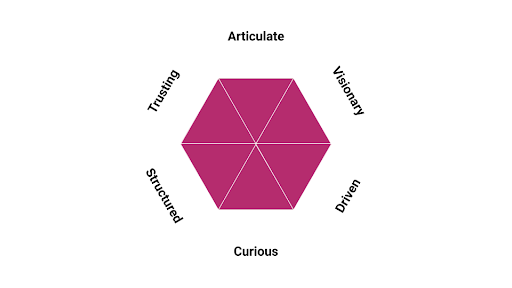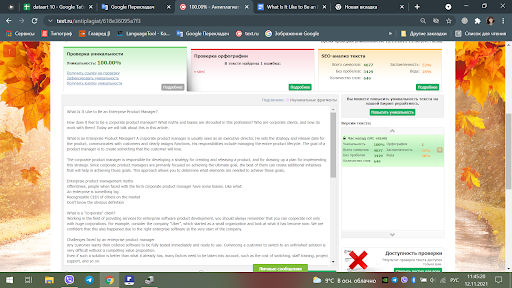How does it feel to be a corporate product manager? What myths and biases are shrouded in this profession? Who are corporate clients, and how do work with them? Today we will talk about this in this article.
What is an Enterprise Product Manager? A corporate product manager is usually seen as an executive director. He sets the strategy and release date for the product, communicates with customers and clearly assigns functions. His responsibilities include managing the entire product lifecycle. The goal of a product manager is to create something that the customer will love.
The corporate product manager is responsible for developing a strategy for creating and releasing a product, and for drawing up a plan for implementing this strategy. Since corporate product managers are primarily focused on achieving the ultimate goal, the best of them can create additional initiatives that will help in achieving those goals. This approach allows you to determine what elements are needed to achieve these goals.
Enterprise product management myths
Oftentimes, people when faced with the term corporate product manager have some biases. Like:
- An enterprise is something big
- Recognizable CEDI of others on the market
- Don’t know the obvious definition
What is a “corporate” client?
Working in the field of providing services for enterprise software product development, you should always remember that you can cooperate not only with huge corporations. For example, consider the company “Uber”, which started as a small organization and look at what it has become now. We are confident that this also happened due to the right enterprise software at the very start of the company.
Challenges faced by an enterprise product manager
Any customer wants their ordered software to be fully tested immediately and ready to use. Convincing a customer to switch to an unfinished solution is very difficult without a compelling value proposition.
Even if such a solution is better than what it already has, many factors need to be taken into account, such as the cost of switching, staff training, project support, and so on.
Strategy and vision
If you blindly rely on the requests and your customers, It will lead to the creation of a siled project. Therefore, an enterprise product management manager must have a strategy that he successfully moves during software development.
Understanding Customer Needs (PAM)
The key to successfully understanding the needs of any client depends on several aspects. Here are the most important ones:
- Conducting personal direct interviews with the customer
- Monitoring then how the customer uses the product
- Timely receipt of all information from the team that works with the client
- Remember, you never need to make your own assumptions and guesses!
Big companies versus small companies
In a large company:
- Purchasing is a kind of game.
- Decisions are mostly made by the directors.
- The project release schedule is subject to change.
In a small company:
- You need to think quickly and release even faster.
- The decision is mainly made by the executors with the approval of the company’s management.
- The leadership is open to any ideas from everyone.
Product manager’s work routine
I wonder how the corporate product manager’s working days go? Day by day he is engaged in:
- meetings with clients as well as stakeholders;
- writing specifications for projects;
- provides feedback to engineers and project developers;
- plans and makes short reviews;
- makes quarterly and long-term plans.
Summarize
Corporate Product Manager:
- is engaged in active interaction with clients
- monitor feedback and use it to improve and stabilize projects and workflows
- does all possible research to determine the real needs of customers for innovative products
- presentations can be enhanced with GIFs
In conclusion, we want to emphasize that asking the client about his preferences, as well as pain points, is not always effective. We advise observing, not asking, and drawing conclusions from a customer’s use of your product.





















